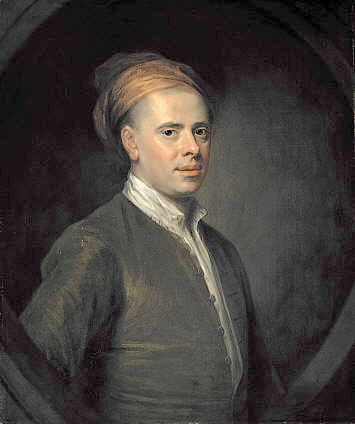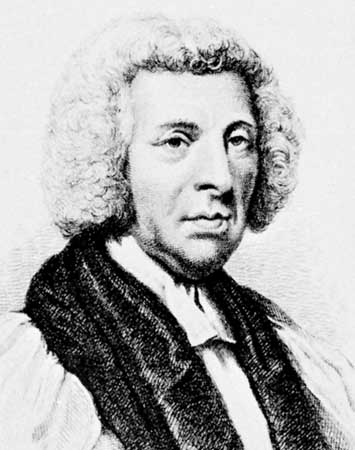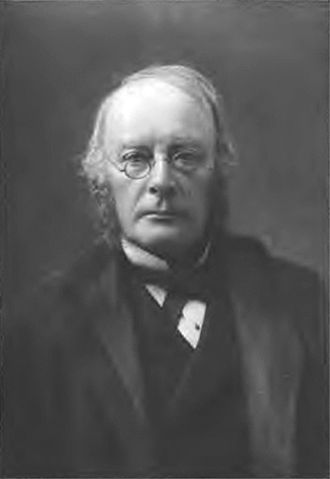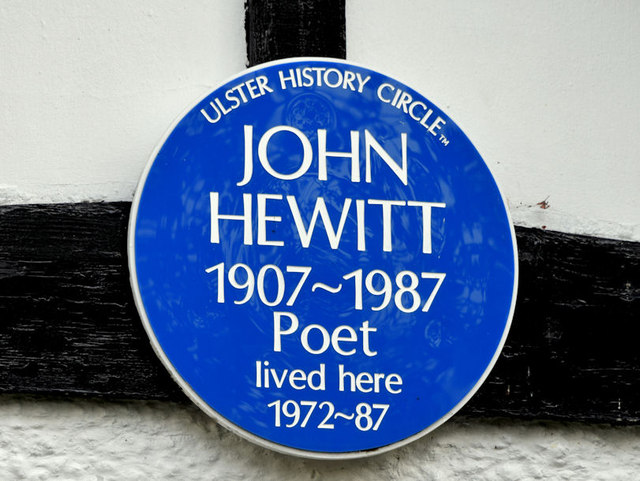Ulster Scots texts online – a collaboration
Ulster University in partnership with Queen’s University Belfast and the Ulster-Scots Agency have created an online digital collection of Ulster-Scots and Scottish literary and linguistic materials based on the collections of four significant Ulster-based collectors, Thomas Percy, Samuel Ferguson, Andrew Gibson, and John Hewitt. These collectors represent three centuries-worth of significant interaction between Ulster and Scottish literature, culture, heritage and book history. Each individual enjoyed an international reputation as a critic and collector of vernacular literature. They were pioneers in their fields who changed the way in which we view Irish and Scottish literature today. Living in Ulster inspired them as thinkers, writers and individuals, and in particular the impact of the province’s cultural interaction with Scotland worked deeply into their professional and personal lives.
This collaborative project celebrates the work of these gentlemen through a major digitisation, outreach and development programme that highlights the Ulster-Scots poetic tradition and its impact upon Scottish, English and American poetic traditions.
This project led by Frank Ferguson, Ulster University, aims to preserve and celebrate key Ulster-Scots texts and collections and to highlight the contribution which Ulster-Scots and Ulster literary collectors have made to literary studies at a local, national and global level.
Andrew Gibson: Allan Ramsay Collection, Queen’s University Belfast.

Andrew Gibson was a Scottish businessman and a highly regarded scholar and bibliophile. He had originally come to Belfast to act as agent for the ship owner G. & J. Burns Ltd. which for many years operated a daylight sailing between Ardrossan and Belfast. He remained deeply attached to Scotland throughout his life, he was president of the Belfast Scottish Association and the Belfast Burns Association. However, Gibson also involved himself in the wider intellectual and cultural life of Belfast. Gibson is chiefly remembered today as a bibliophile and an expert on poetry. He had a magnificent library with splendid collections of works by Thomas Moore and Allan Ramsay.
A selection of Andrew Gibson’s collection of Allan Ramsay’s first and second edition collections of poetry is now available online . This small, but world class collection of arguably the second most important Scottish poet of the eighteenth century is one of the major collections of Ramsay’s work.
Thomas Percy: Thomas Percy Collection, Queen’s University Belfast.

One of the most significant collections of Scottish ballads and poems to be published by a resident in Ireland in the eighteen and nineteenth centuries was that of an English man, Thomas Percy, the Anglican Bishop of Dromore, who lived in Ireland from 1782 until his death in 1811. Four editions of his Reliques of Ancient English Poetry were published in his lifetime. While the title may have alluded to English vernacular texts, the collection contained many Scottish ballads, some of which were republished in the Belfast Newsletter. The 1780s witnessed several reproductions of poems from the Reliques and the founding of a literary coterie in Dromore, with Percy very much as its prime mover.
The four different editions of Percy’s anthology Reliques of Ancient English Poetry are now available online. This is one of the most important collections of British ballads ever produced and proved the main text in its field well into the 19th century. It inspired the work of F.J. Childs in the USA and assisted in the exploration of ballad and song in Britain, Ireland and the USA.
Samuel Ferguson: Ulster University.

Samuel Ferguson was born in Belfast in 1810. As a poet, antiquarian and scholar he did much to popularize Gaelic literature in collections such as Lays of the Western Gael and Other Poems (1864) and Congal (1870). Ferguson had deep attachments to the Co. Antrim of his childhood, and its folklore and history provided much inspiration for his poetry. His work bears comparison to William Allingham’s and William Hamilton Drummond’s in that Scottish influences played an important role in his work. Ulster figures prominently throughout his work. Ferguson’s fascination with industrial processes reveal the north-east’s participation in an industrialised British Empire where many saw themselves as closely tied to the industrial bases of the Clyde as they did to the metropolitan capital on the Liffey.
Samuel Ferguson’s literary output is held at Ulster University and is arguably the most important Ulster-Scots writing of the 19th century.
John Hewitt: Ulster University & Queen’s University Belfast

John Hewitt was an inspirational champion of the written and spoken word of his native province. His work as poet, critic and book collector delighted in the textures of local speech and was instrumental in the rediscovery of numerous poets whose bardship had fallen into sad neglect. His visionary enthusiasm for the forgotten generations of ‘rhyming weavers’ rekindled public interest in the Ulster-Scots poetic and linguistic tradition and awakened hope in the power of our indigenous languages, once better appreciated, to heal differences and integrate communities. These collections celebrate the creative verve and humanity of these poets, whose ancestral voices inspired and guided Hewitt, and whose townlands today still earn their name in song.
Access to Hewitt’s poetry manuscripts and MA dissertation is made possible through this project. These works are a storehouse of personal reflection, scholarship and information on Ulster language, literature and cultural heritage. As with Ferguson, Hewitt can be argued to be the most significant Ulster-Scots writer of his century.

